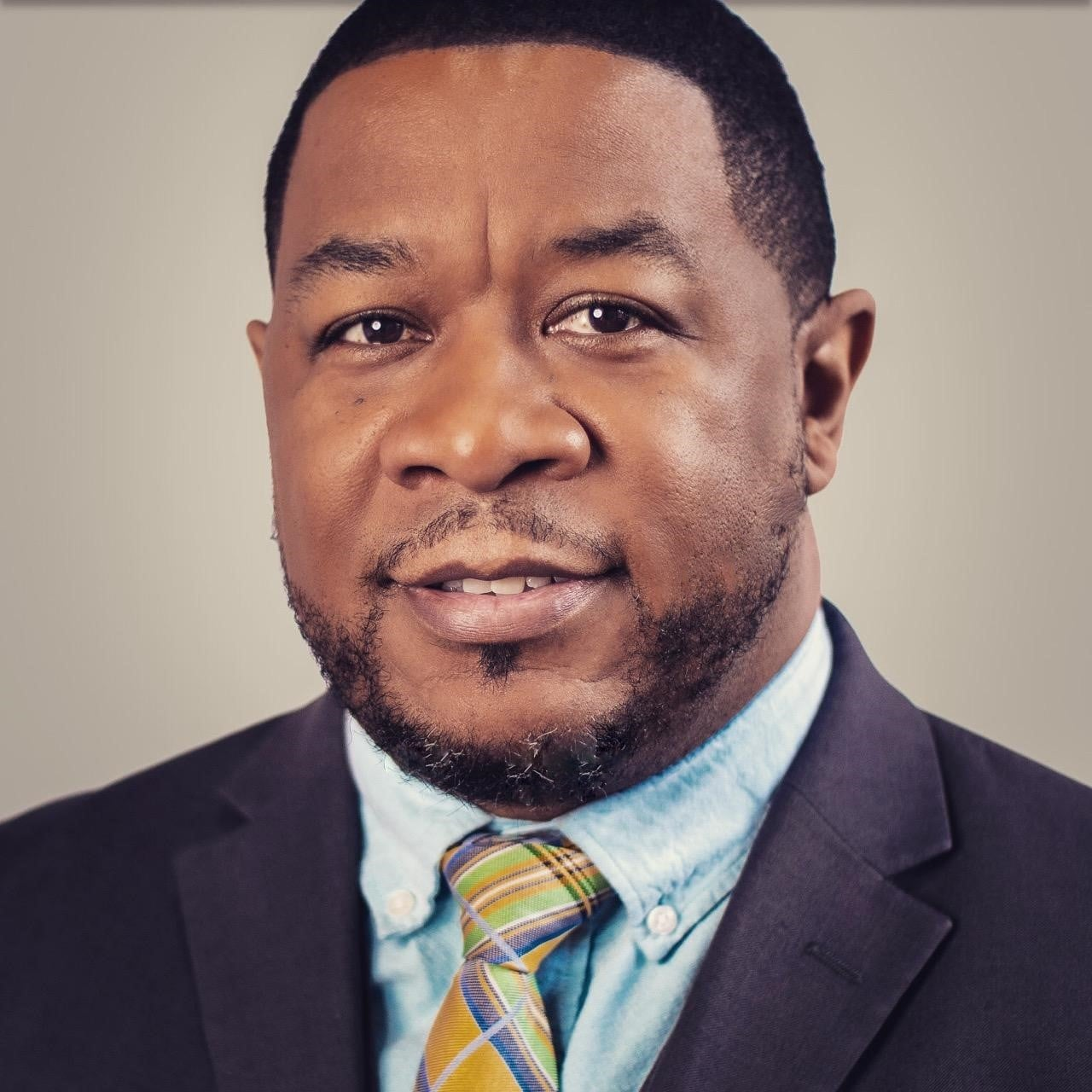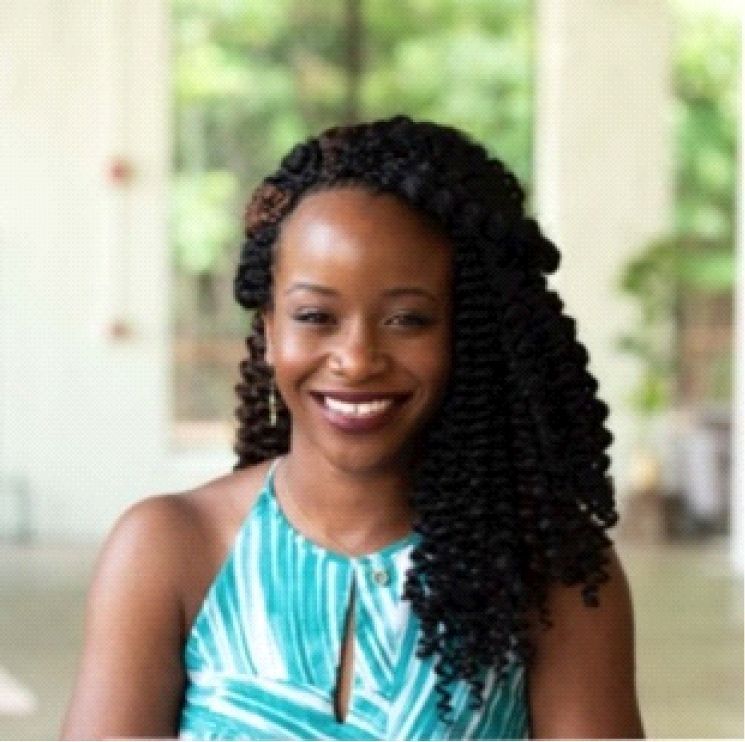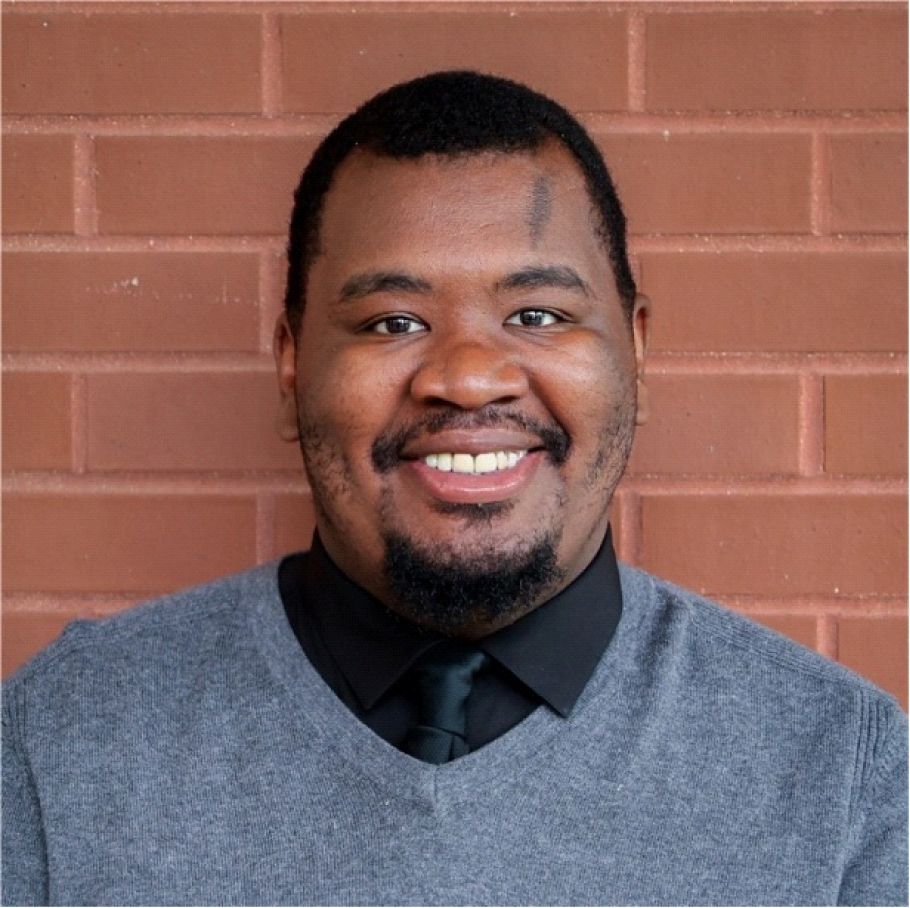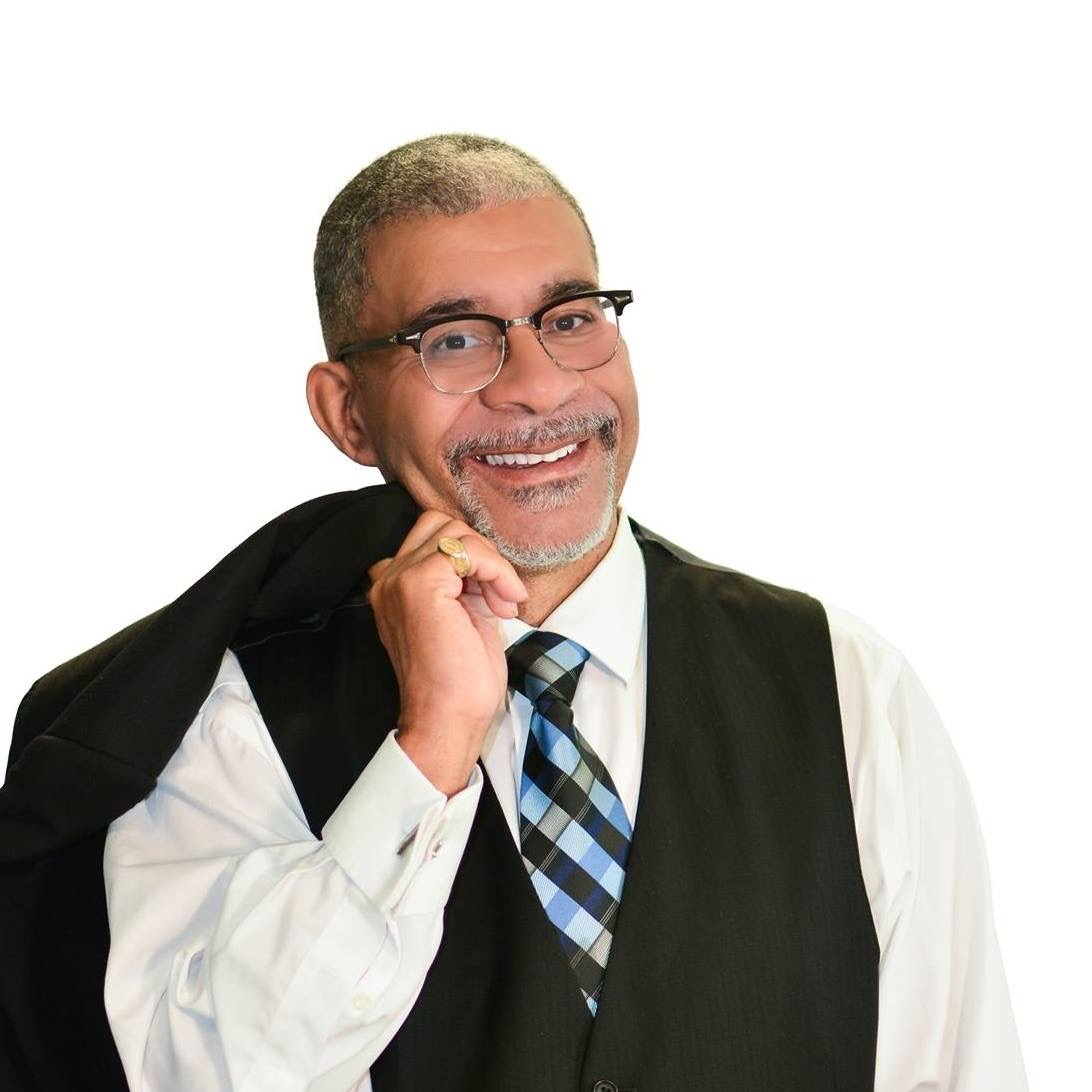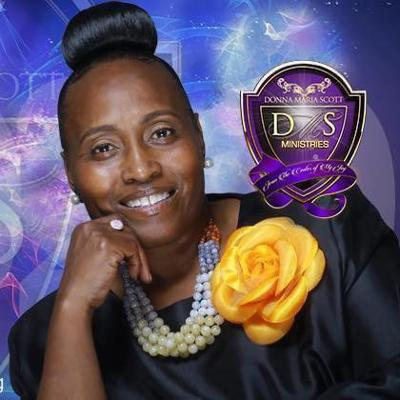"The Intersection of Voting Rights and Employment Opportunities for
Black Americans"
Melody Fogarty

Voting rights and employment opportunities are two fundamental pillars of democracy and economic mobility. For Black Americans, these two aspects are deeply intertwined, shaping our ability to participate fully in society and exercise our rights as citizens. Despite significant strides towards equality, challenges persist, highlighting the ongoing struggle for racial justice and equal opportunities. This article explores the nexus between voting rights and employment for Black individuals, delving into historical contexts, present-day challenges, and the importance of collective action for meaningful change.
The journey for Black Americans to secure their voting rights has been arduous and fraught with obstacles. From the Jim Crow era's discriminatory practices, such as poll taxes and literacy tests, to the Civil Rights Movement's hard-fought battles, the fight for suffrage has been central to the quest for equality. The passage of landmark legislation, including the Voting Rights Act of 1965, was a significant victory, dismantling many barriers to voting. However, recent years have seen a resurgence of voter suppression tactics, including strict ID laws and gerrymandering, disproportionately affecting minority communities, including Black voters.
Concurrently, Black Americans have faced systemic barriers in accessing quality employment opportunities. Structural racism, implicit bias, and disparities in education and wealth have perpetuated inequality in the job market. Despite progress, Black individuals continue to experience higher rates of unemployment, wage gaps, and limited access to upward mobility compared to their white counterparts. Discrimination in hiring practices and workplace environments further exacerbate these challenges, perpetuating cycles of economic disadvantage.
The intersection of voting rights and employment for Black Americans is profound, with each influencing the other in significant ways. Political representation and advocacy are essential for addressing systemic injustices that hinder economic advancement. Through voting, Black communities can elect leaders who prioritize policies aimed at dismantling systemic racism, promoting equitable access to education and job opportunities, and advocating for fair labor practices. Additionally, participating in local elections empowers communities to hold policymakers and employers accountable for their actions, ensuring that their interests are adequately represented.
Moreover, employment opportunities play a crucial role in facilitating political engagement and empowerment. Economic stability enables individuals to overcome barriers to voting, such as transportation costs or time constraints. By securing stable employment with fair wages and benefits, Black Americans are better positioned to exercise their right to vote and actively participate in civic life. Additionally, access to employment provides opportunities for networking, education, and community involvement, fostering a sense of belonging and agency within society.
Despite the undeniable link between voting rights and employment, numerous challenges persist, hindering progress towards equality. Voter suppression tactics continue to disenfranchise marginalized communities, undermining the democratic principles of fairness and representation. Likewise, systemic barriers in the job market perpetuate cycles of poverty and exclusion, limiting economic mobility for Black individuals.
Addressing these challenges requires a multifaceted approach that combines legal protections, grassroots organizing, and policy reforms. Strengthening voting rights legislation, such as restoring key provisions of the Voting Rights Act and implementing automatic voter registration, is critical to safeguarding democracy and ensuring equal access to the ballot box. Additionally, initiatives aimed at promoting diversity and inclusion in hiring practices, expanding access to affordable education and job training programs, and combating workplace discrimination are essential for creating pathways to economic opportunity for Black Americans.
The intersection of voting rights and employment for Black Americans underscores the intertwined nature of political and economic empowerment. By addressing systemic barriers and advocating for meaningful reforms, we can create a more just and equitable society where every individual has the opportunity to thrive. Through collective action and civic engagement, we can honor the legacy of those who fought tirelessly for equality and pave the way for a brighter future for generations to come.
Sparkman Articles





